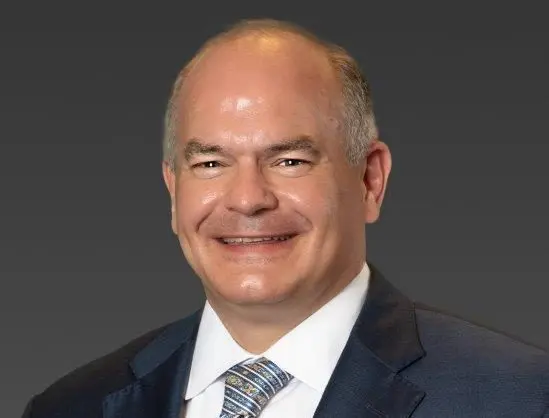Use these tips from Bank of America to help protect your loved ones from the financial threats that increasingly target older Americans
Suppose you have a parent or grandparent who lives alone. They hire someone to replace the roof on their aging house, providing half the money up front. And that is the last they see of the roofer. Can you be sure they would let you know what happened? Elder fraud is on the rise, but it remains a vastly underreported crime. Older people are often reluctant to report being duped, perhaps out of fear of appearing foolish or losing their independence.
The elderly are uniquely vulnerable to attempts to cheat them. Luckily, providing an appropriate degree of vigilance can help protect those you love. Here are six examples of elder fraud along with strategies you can use to help.
1. Pros who are not legit: Con artists working with older clients often advertise “foolproof” investments. In California, a thief marketed inexpensive will preparation services. After gaining clients’ trust, he talked them into investing with him by promising 12% annual returns. He made off with $11 million before he was caught.
What you can do: Remind family members that legitimate businesses will happily wait while they check references. When unsure, it is wise to ask for a second opinion from someone they trust.
2. Unscrupulous billing practices: After natural disasters, scam artists often go door to door, telling homeowners that their properties have been damaged and offering to make repairs at a discount. They may only pretend to do the work and then demand payment. Similarly, auto mechanics may charge for work they never did.
What you can do: Help older relatives keep their properties and cars in good repair and urge them not to hire anyone who cannot provide clear identification and references.
3. Internet and phone fraud: These scam artists play on people’s trusting nature and desire to help others. A caller may ask for a donation to a worthy-sounding cause. Another congratulates you for winning $1 million — and to claim the prize you must provide your Social Security number to confirm your identity and pay a collection fee.
What you can do: Remind older relatives not to give personal information out over the phone, suggests Debra Greenberg, director and product management executive, Investment Solutions Group at Bank of America. Other best practices: “Before making a pledge to a charity, ask to receive something in writing,” Greenberg says. Ignore internet offers with obscure origins and prizes that require a fee to collect.
4. Not-so-free lunches: Older Americans are often targeted by salespeople offering a free meal in return for listening to a sales pitch. When the pitch becomes a very hard sell, they can find themselves being pulled into a dubious purchase before the “free” meal is over.
What you can do: Make sure that family members know not to sign a contract, make an agreement or pay any money unless a trusted friend or family member is involved.
5. “Friends” with ulterior motives: Good friends are priceless, but con artists posing as friends can cost you dearly. Someone who lives nearby may offer to assist with chores and errands — and soon may begin “helping” with financial transactions, gaining access to accounts.
What you can do: Try to get your retired parents or grandparents to talk openly about their finances and offer to review checking accounts for signs of trouble. If you see a lot of checks made out to cash or to someone you do not know, consider that a red flag.
Other clues that something is not right include strange signatures on financial or legal documents, sudden, unexplained changes to powers of attorney, wills or trusts, checks bouncing, bills going unpaid and suspicious ATM activity.
One way for family members to get an early warning is through the Merrill Trusted Contact Person Form, notes Cynthia Hutchins, director of Financial Gerontology at Bank of America. “It authorizes an advisor to reach out to a family member or trusted family friend if they spot unusual financial activity,” she says.
6. Family fraud: Perhaps the most distressing form of fraud involves family members. Problems may start innocently, when a son or daughter gains control of a parent’s accounts to help pay bills. After a while, the line between the finances of the parent and the child may become blurred, and the temptation to dip into the funds becomes irresistible.
What you can do: If one sibling helps with a parent’s finances, build transparency into the process, with other family members staying involved through regular conversations. You might also ask your financial advisor to set up a family meeting to discuss financial concerns.
In all of these cases, the best offense is usually a good defense. Criminals look for the path of least resistance. If you make it clear you will not be fooled, chances are they will move on.
For more information, contact Merrill Lynch Wealth Management Financial Advisor Jeffery D. Price of Price & Associates at jeffery_price@ml.com or (817)-410-4940.
(Sponsored content)




















